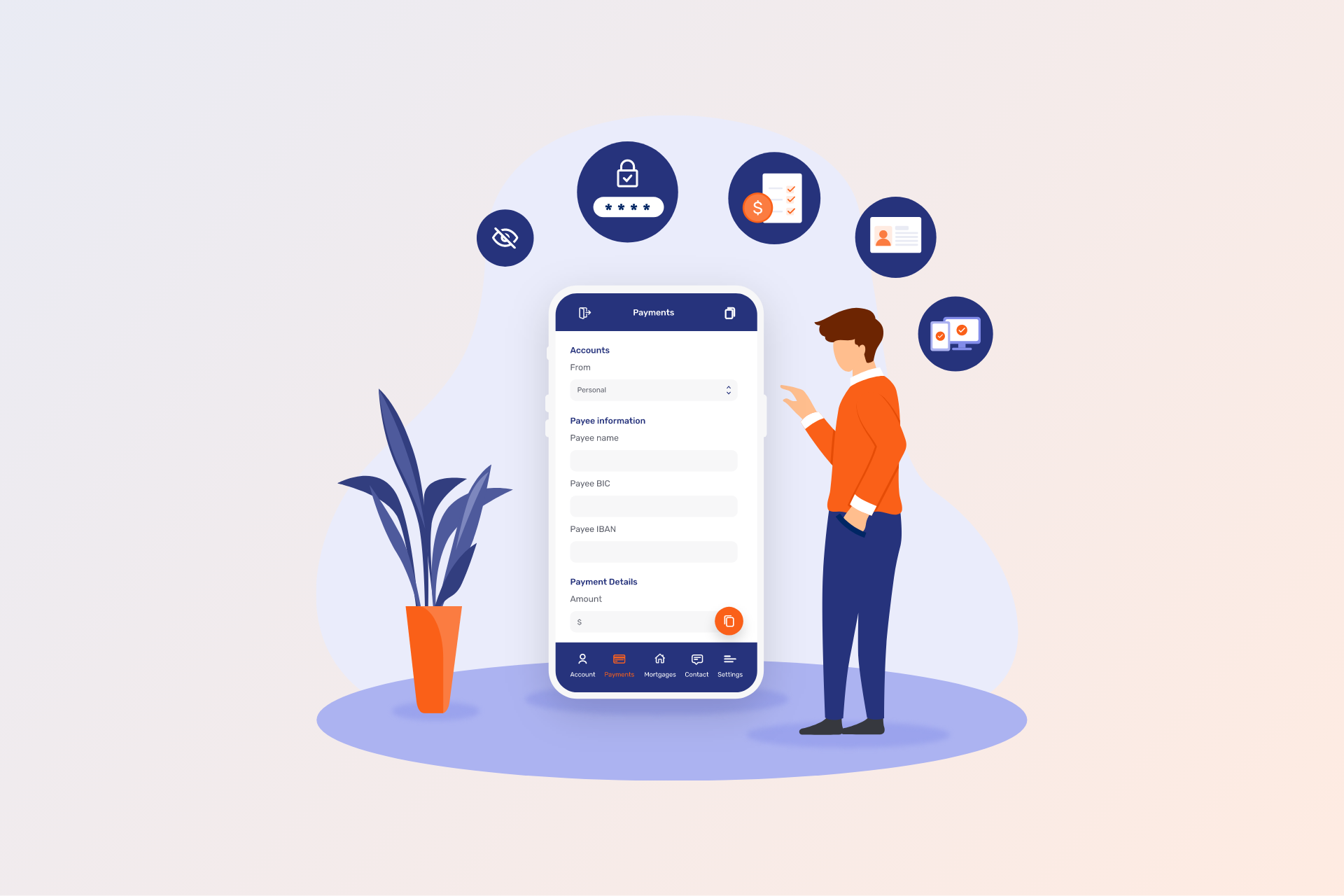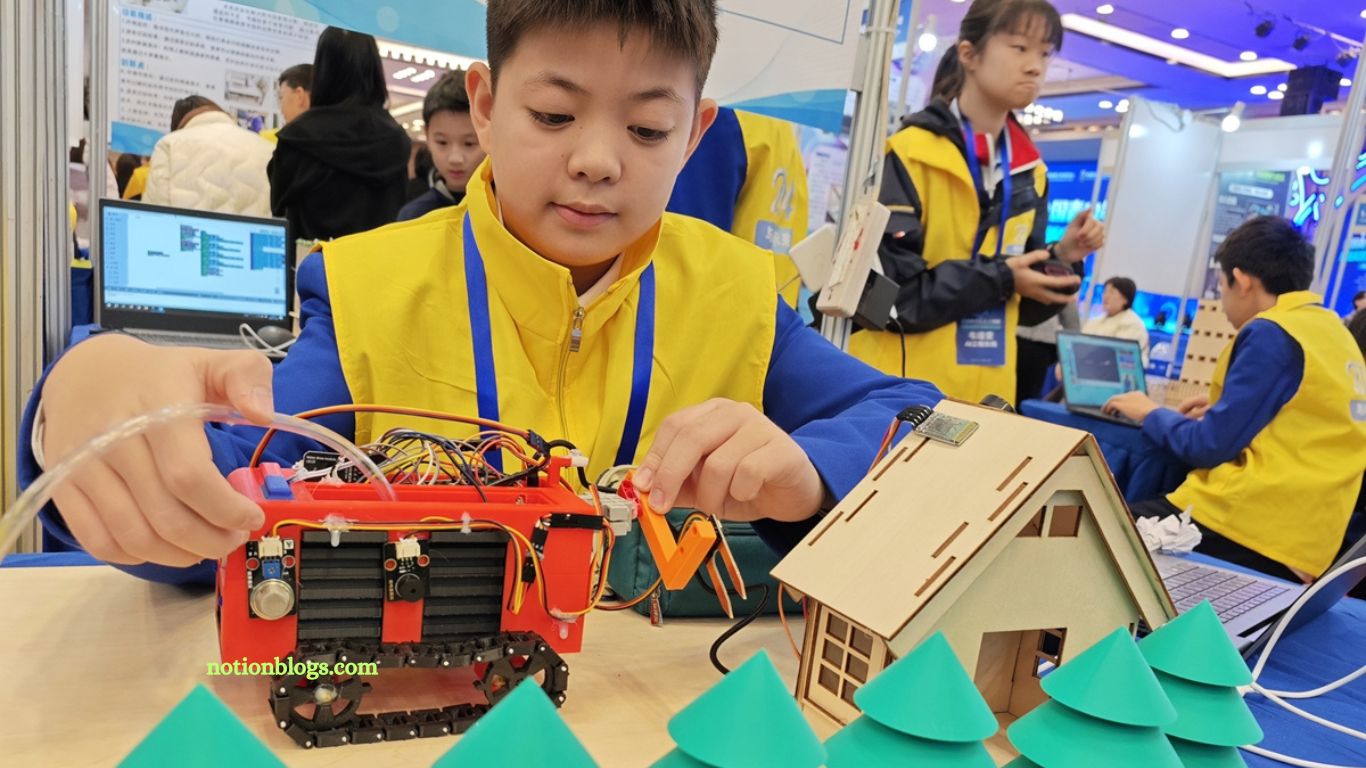The classroom of 2025 looks vastly different from the traditional learning spaces of the past. With the rise of artificial intelligence, immersive interactive tools, and a global shift toward remote living, online learning has transitioned from a niche option to the mainstream. Today’s top platforms go far beyond simply offering courses they build comprehensive ecosystems where students, professionals, and aspiring entrepreneurs can develop practical skills, connect with mentors, and even launch their own ventures.
These platforms are redefining how knowledge is accessed, shared, and applied in the real world. In this post, we explore the Top 10 online education platforms shaping the landscape of 2025 and examine how they are transforming the future of learning.
Read More: Ultra-Processed Foods Linked to Male Reproductive and Metabolic Health Risks
Coursera: The Global University Without Walls
Coursera remains one of the world’s most respected online platforms for higher education. By 2025, it partners with over 300 universities and institutions, offering everything from individual skill-building courses to full master’s degree programs. Its subscription service, Coursera Plus, has made premium learning more affordable and accessible than ever.
Leveraging AI-driven recommendations, Coursera creates personalized learning paths tailored to each student’s career goals, helping learners navigate the vast online education landscape with clarity and purpose. More than just courses, Coursera functions as a global university without walls, connecting learners to knowledge, credentials, and opportunities across the world.
Udemy: Democratizing Skills for Everyone
Udemy is a thriving marketplace for skills, empowering professionals to share expertise while offering learners an affordable, hands-on alternative to traditional university courses. Its greatest strength in 2025 is adaptability new courses in AI, blockchain, and emerging industries appear almost instantly, helping learners stay ahead in a rapidly changing world. Udemy has become a go-to hub for freelancers, career changers, and lifelong learners seeking practical skills on demand.
edX: The Best Academic Courses Online
Founded by Harvard and MIT, edX continues to set the standard for academic excellence. Programs like MicroMasters™ and professional certificates give working professionals cost-effective, high-impact education. With immersive tools such as VR labs, edX allows learners to develop hands-on skills directly from home, bridging the gap between theory and real-world application.
LinkedIn Learning: Skills Meet Networking
LinkedIn Learning merges professional development with career networking. In 2025, it’s not just about acquiring skills—it’s about showcasing them to recruiters. Integrated with job listings, the platform provides personalized course recommendations aligned with career goals, making it ideal for those seeking promotions or planning a career change.
MasterClass: Learning From Icons
MasterClass delivers high-quality, inspirational video learning, giving students access to world-class experts—actors, athletes, business leaders, and chefs. In 2025, it continues to offer a mentorship-like experience, providing rare insight into the mindsets and strategies of successful people. While not a substitute for technical training, MasterClass encourages learners to think bigger and approach their craft with ambition and creativity.
Khan Academy: Free Education for the World
Khan Academy remains committed to its mission of providing free, high-quality education. In 2025, its adaptive AI tutoring offers personalized guidance, helping students—especially younger learners—master math, prepare for exams, and build strong foundations. With a global reach, its non-profit model ensures that accessibility and learning equity remain at the heart of everything it does.
Skillshare: Creativity and Collaboration Online
Skillshare excels as a hub for creative learning. Its interactive workshops and project-based classes emphasize hands-on practice rather than theory. In 2025, its community-driven approach—peer feedback, group assignments, and collaborative projects—makes it ideal for creatives seeking connection, inspiration, and skill development in design, photography, writing, and more.
FutureLearn: Social Learning at Scale
UK-based FutureLearn focuses on collaborative, social learning. By 2025, it offers micro-credentials and pathways to degrees through global university partnerships. Its emphasis on discussion, group projects, and debate creates a virtual classroom community, allowing students to engage deeply with content and peers in a way that mirrors traditional learning environments.
The Real World 2.0: Hustle Culture Meets Online Education
The Real World 2.0 stands out by focusing less on academic credentials and more on practical, money-making skills such as copywriting, e-commerce, cryptocurrency, freelancing, and business management. By 2025, it has grown into a global platform, attracting Gen Z learners eager for financial independence and freedom from the traditional 9-to-5. Its membership-based community combines lessons with direct mentorship from successful entrepreneurs. While some critics argue it promotes hustle culture and overwork, supporters see it as a fast-track to real-world success. Either way, it’s redefining what education means for a new generation of learners.
Duolingo: Language Learning for the People, By the People
Duolingo remains the world’s most popular language-learning app. In 2025, its gamified approach has expanded beyond languages to include math and other foundational subjects. AI-powered, bite-sized lessons keep learners engaged, making learning feel fun and interactive rather than a chore. For casual learners, travelers, or anyone building essential skills, Duolingo continues to dominate as a playful, effective learning tool.
What Sets These Platforms Apart in 2025
Three key characteristics define the platforms that dominate the online learning landscape in 2025:
- AI-Driven Personalization: From career-aligned learning on Coursera to adaptive tutoring on Duolingo, AI tailors every experience to the learner’s goals, making education feel immediately relevant and actionable.
- Real-World, Actionable Skills: Platforms like Udemy, Skillshare, and The Real World excel because they teach skills that learners can apply directly in the workplace, creative projects, or entrepreneurial ventures.
- Community and Mentorship: Learning is no longer a solo endeavor. Platforms such as Skillshare, FutureLearn, and The Real World emphasize collaboration, peer feedback, and mentorship, creating a sense of belonging while accelerating growth.
The Future of Online Learning
The dominance of these platforms signals a future where education is flexible, skills-based, and borderless. Learners no longer progress in strictly chronological steps, nor are they limited by geography. Students and professionals alike can follow personalized pathways, connect with global experts, and shape their education around their aspirations.
From edX’s academic rigor to Skillshare’s creativity, Khan Academy’s accessibility, and The Real World’s entrepreneurial focus, each platform brings unique value. Together, they are redefining what it means to be educated in the 21st century.
The question is no longer whether online learning can replace traditional education—it already has in many ways. The real challenge is choosing which platform will best equip you for the future you want to create.
Frequently Asked Questions
Are these online platforms recognized by employers?
Yes. Platforms like Coursera, edX, and LinkedIn Learning offer credentials, certificates, and even full degrees recognized by many employers. Other platforms, like Udemy or Skillshare, focus on skill-building and portfolios, which are highly valued in creative and tech industries.
How does AI enhance learning on these platforms?
AI personalizes your learning path by recommending courses and content based on your goals, skill level, and progress. It adapts to your pace, identifies knowledge gaps, and keeps learning relevant and engaging.
Can I learn for free on these platforms?
Some platforms, such as Khan Academy and selected edX courses, offer free education. Others, like Coursera, Udemy, and LinkedIn Learning, provide paid courses, subscriptions, or tiered models with additional features.
Are these platforms suitable for career changers?
Absolutely. Platforms like The Real World 2.0, LinkedIn Learning, and Udemy offer practical skills and mentorship, making them ideal for career transitions or freelance opportunities.
How important is community in online learning?
Community and mentorship are increasingly vital. Platforms like Skillshare, FutureLearn, and The Real World provide forums, group projects, and peer feedback, helping learners stay motivated and connected while enhancing practical skill development.
Do online learning platforms replace traditional universities?
In many ways, yes. While some platforms focus on degrees and formal credentials, others emphasize skills, mentorship, and practical experience. The real distinction is now based on your personal goals rather than the method of instruction.
Conclusion
The online learning landscape of 2025 is more dynamic, accessible, and personalized than ever before. From Coursera’s global academic reach to Udemy’s practical skill-building, Skillshare’s creative communities, and The Real World 2.0’s entrepreneurial focus, each platform offers unique pathways to knowledge and opportunity. AI-driven personalization, real-world skills, and strong communities are now the hallmarks of effective online education.
As education evolves beyond classrooms and traditional degrees, learners have the power to shape their own journeys—choosing platforms that align with their goals, pace, and aspirations. The question is no longer whether online learning works—it already does. The







